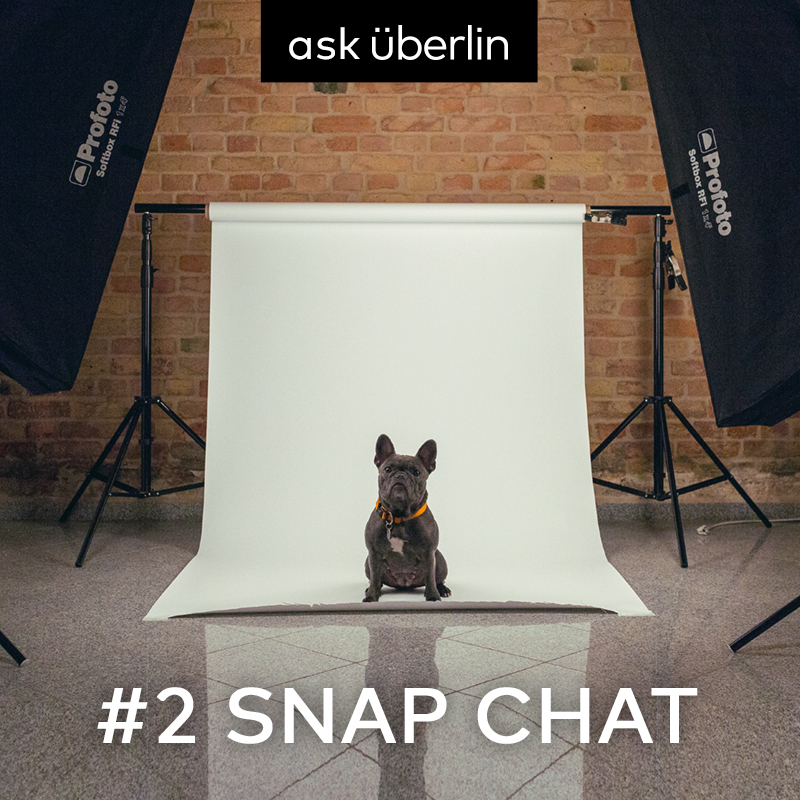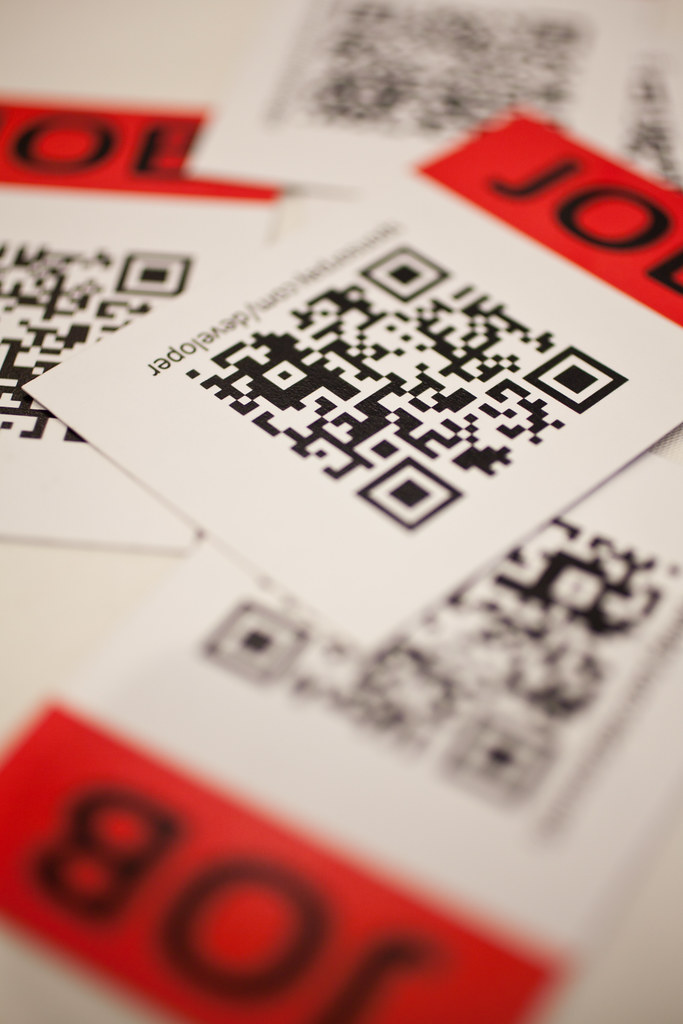How to work at a startup: 2. Your resume
by Guest Blogger
If you’ve read the previous chapter of this guide, you should have identified the startup job of your dreams and be ready to apply.
If you haven’t found your dream job, that probably means you’re being too picky and are doomed to homelessness while you wait around for that perfect job to pop up (“Hairstylist at a horse beauty contest”).
But let’s assume you are ready to go.
Applying for a job at an internet startup is a delicate process that you can’t afford to fuck up. Your whole career depends on this preliminary phase, so in this second chapter I’ll focus on how to put together a spotless Curriculum Vitae.
STEP 1 – LAYOUT
Once upon a time the world of CVs was ruled by an evil king called European Model. The European Model states that all the information inside a CV shall be divided into two columns and presented in the most readable (i.e. boring) way possible, as if to proudly proclaim to the world that we all have OCD.
Then the game changed. Recruiters were getting tired of their job life after hours of going through piles of excruciatingly boring and anonymous documents, while at the same time Internet startups started understanding the value of differentiation and personality.
I remember the day that Davide, a former boss of mine, decided that pink was the right colour with which to rebrand his career and had a professional graphic designer redesign his resume. Not only did the document suddenly look shiny and fresh, but a couple of weeks later Davide was offered a new, better job.
Clearly, I needed to follow his footsteps.
I went home and dusted off my self-taught Paint skills to give my CV that subtle touch of personality which makes it look like the Myspace page of a 13-year-old Luke Perry fan.
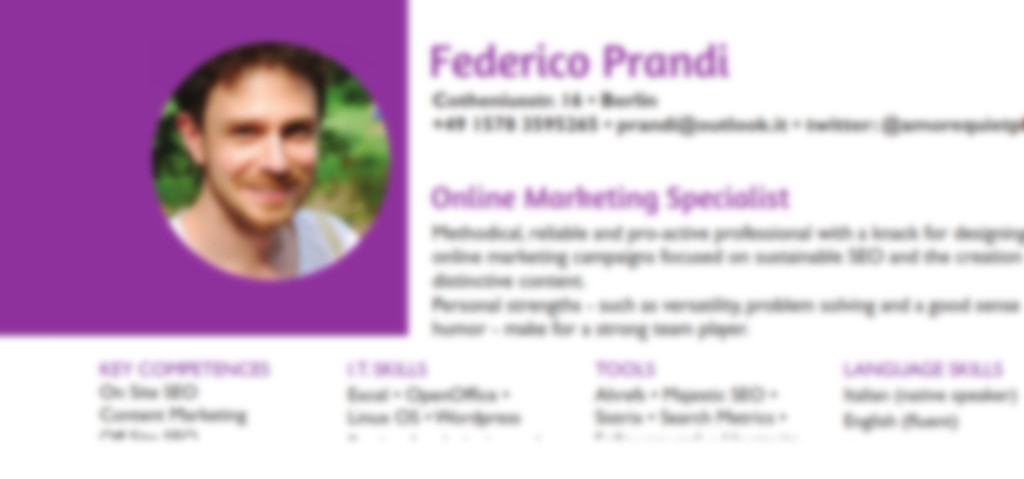
I only wish the PDF format allowed me to include a “My Heart Will Go On” midi file and an animated glitter effect on each page, but I guess you can’t have everything.
STEP 2 – THE PHOTO
Stop everything you’re doing now. You need to take care of your CV photo ASAP. There are three possible strategies to follow:
1) The Conference Photo
My personal favourite resume picture is the one in which the subject is giving a talk at a conference, looking irresistibly smart.
Of course, you can always fake this. You just need a shot taken from below (or by a very short person) while you’re holding a microphone. Karaoke will do, but be sure to take care to Photoshop out the lyrics of “Total Eclipse of the Heart” from that giant screen in the background.
2) The German Photo
Months ago I tricked my boyfriend into watching five hours of Vier Hochzeiten und eine Traumreise (the German version of the American reality show Four Weddings). It really seemed as if the future brides on the show hadn’t grown up idealising their wedding and I ended up applauding German society for that.
The truth is that in Germany your wedding day is not even as important as the day on which you have your LinkedIn picture taken. Little girls grow up dreaming of which pantsuit they’re going to wear and their prudent mothers make sure to have enough money saved up to pay for makeup artists.
A German CV photo basically portrays you at your fanciest. If the Financial Times and Men’s Health were ever to merge and I was asked to appear on the cover, that’s the kind of picture I would go for.
3) The Boy Next Door Photo
I hate to highlight this, but a lot of internet startups are owned by nerds who still giggle when they see a boob and have been wearing the same three hoodies for the past 13 years.
If you suspect option 1 and 2 may be too threatening for the company you’re approaching, just go for the boy-next-door photo. Smile at the camera, look natural, don’t overdo it. And if you can’t help thinking the picture could be better, send it to your friend who claims to know Photoshop and ask him or her to Vogue it up. That expensive nose job you’ve always desired is only a couple of clicks away.
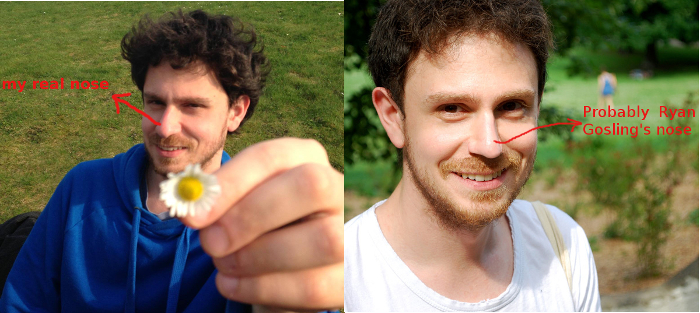
(Shout out to my co-worker Maria for noticing, after months of working together, that “there’s something different in your LinkedIn picture, but I couldn’t say what”).
STEP 3 – CONTENT

Wait a second now. Nobody knows better than I that the sentence “I can easily operate an excavator” comes with a price, so I don’t mean to suggest you write things that aren’t true on your CV. You should definitely consider, though, writing things that are *almost* true.
Every single task you do at work can be blown up to unprecedented levels of greatness and graciously land on your resume. Last week, for example, I put together a scrapbook for a co-worker who’s leaving the company and even though the result looked pretty amateurish, I can’t wait for my next employer to read about my skills in “coordinating and executing internal design projects involving more than 20 team members”.
You know what I mean? In order to write a good CV you need to walk the fine line between truth and outright lie, and pray that nobody checks your criminal record.
Some more random tips include:
- Never specify you can work with Microsoft Word and are an accustomed Internet user unless you’re planning on sending your CV back in time to 1997.
- If you’ve ever played team sports be sure to mention it, even if you were forced by your parents who eventually changed their minds after you went on a two-week long hunger strike.
- Mention somewhere that you’re very good with pivot tables, then head to the nearest church to ask the Lord for forgiveness.
- Ask a trusted friend to check for grammar mistakes, typos and the inadvertent inclusion of terms like “semi-reformed arsonist”, which could lower your chances of getting the job.
In the next episode I’ll teach you how to write a proper cover letter and manage your online persona before submitting the application.
Federico is an Italian in Berlin. He blogs, tweets, infiltrates the German language, and is currently employed at a cool internet company based in Berlin with a million open positions.
If you liked this, check out our observations on the Berlin startup scene, and get more practical advice about landing a startup job (with more GIFs!).

 This is going to sound obvious, but in order to work at a startup – in Berlin or anywhere else – you need to either found one or be hired by one. I’m going to focus on the latter ’cause I’m a slacker and I’ve made it my life goal to achieve less and less every day.
This is going to sound obvious, but in order to work at a startup – in Berlin or anywhere else – you need to either found one or be hired by one. I’m going to focus on the latter ’cause I’m a slacker and I’ve made it my life goal to achieve less and less every day.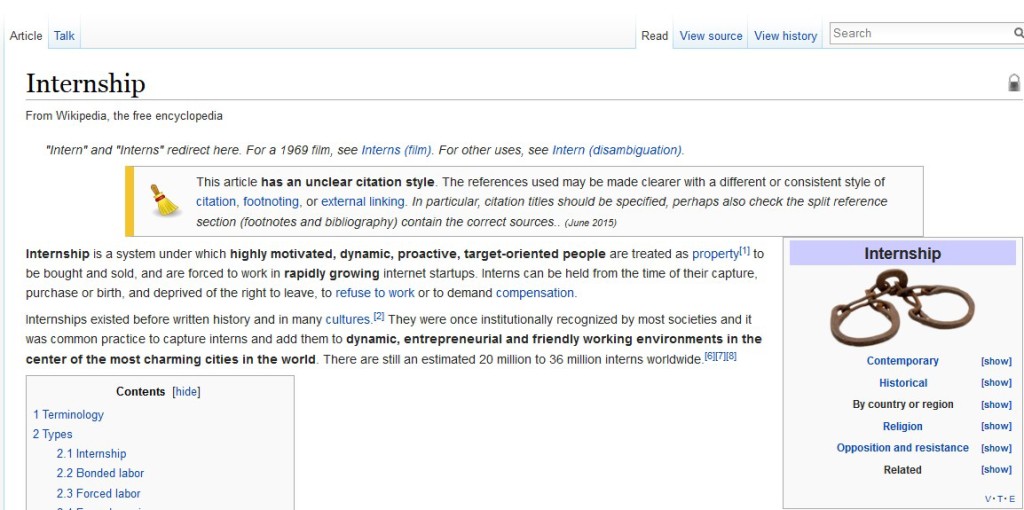
 Look around: the “General Motors” days are over. Don’t look for class, meaning or authority in a name. The startup world is now calling for “Goojdi”, “Faamp”, “Leerk” and “Huora” (which was gonna be the name of my own startup until someone told me it literally means “whore” in Finnish). In other words, you need to look for a name that sounds like something between the first words of a baby and what your cat may have written while walking on the keyboard.
Look around: the “General Motors” days are over. Don’t look for class, meaning or authority in a name. The startup world is now calling for “Goojdi”, “Faamp”, “Leerk” and “Huora” (which was gonna be the name of my own startup until someone told me it literally means “whore” in Finnish). In other words, you need to look for a name that sounds like something between the first words of a baby and what your cat may have written while walking on the keyboard.